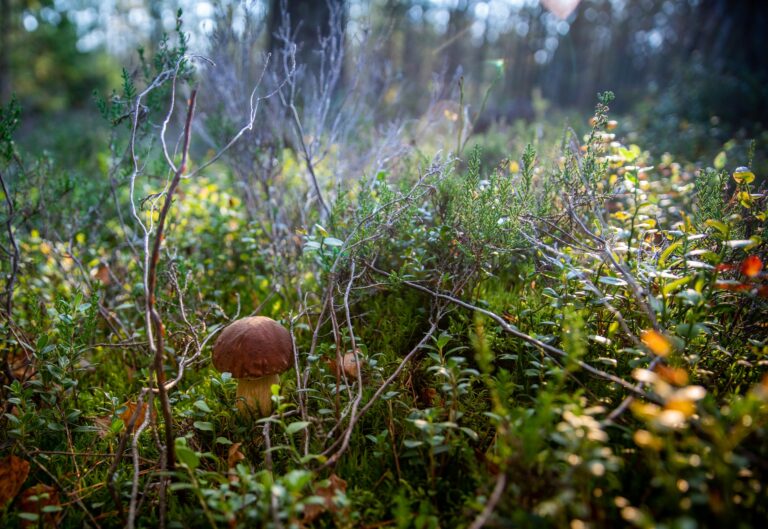Is Psilocybin Legal in Serbia?
In Serbia, psilocybin and psilocin, the psychoactive compounds found in magic mushrooms, are classified as illegal substances. The possession, sale, and distribution of these substances are prohibited under Serbian law. However, the legal status of psilocybin-containing mushrooms themselves is somewhat ambiguous, as they can grow naturally in the wild and are not specifically listed as illegal plants.
What are the Common Terms for Psilocybin Mushrooms in Serbia?
In Serbia, psilocybin mushrooms are commonly referred to as magične gljive or čarobne pečurke, which translates to magic mushrooms in English. They may also be called by their scientific names, such as Psilocybe semilanceata, or by other colloquial terms related to their appearance or effects.
Is Growing Psilocybin Mushrooms Legal in Serbia?
While the possession, sale, and distribution of psilocybin and psilocin are illegal in Serbia, the cultivation of psilocybin-containing mushrooms is not explicitly mentioned in Serbian drug laws. However, it is likely that cultivating these mushrooms for the purpose of extracting their psychoactive compounds or distributing them for consumption would be considered illegal.
It is important to note that the possession of spores or mycelium (the vegetative part of a fungus) for the purpose of growing psilocybin mushrooms could also be seen as an intent to produce an illegal substance, which may result in legal consequences.
What are the Laws, Penalties, and Law Enforcement Practices in Serbia?
Penalties for drug offenses in Serbia are determined by the severity of the crime and can range from fines to imprisonment. Some of the possible penalties related to psilocybin include:
- Possession: Possession of a small quantity of psilocybin for personal use is considered a misdemeanor, punishable by a fine or up to 3 years in prison.
- Sale or Distribution: The sale or distribution of psilocybin is considered a felony, punishable by 3 to 12 years in prison.
- Production: The production of psilocybin or psilocin is also considered a felony, punishable by 3 to 12 years in prison.
Law enforcement practices in Serbia can vary depending on the region and individual officers. In some cases, police may be more lenient towards individuals caught with small amounts of psilocybin for personal use, while in other cases, they may pursue criminal charges.
What Government Laws and Resources Exist in Serbia Regarding Psilocybin?
Several government resources exist in Serbia to provide information and support related to drug use and addiction, including:
- Ministry of Health: The Serbian Ministry of Health oversees national drug policies and provides information on drug use prevention, treatment, and harm reduction.
- Office for Combating Drugs: This government agency is responsible for coordinating drug control efforts in Serbia, including the implementation of drug policies and the provision of support services for drug users.
- National Employment Service: The National Employment Service offers support for individuals with drug addiction, including assistance with finding employment and vocational training.
In conclusion, while psilocybin and psilocin are illegal substances in Serbia, the legal status of psilocybin-containing mushrooms and their cultivation remains somewhat ambiguous. It is essential for individuals in Serbia to be aware of the potential legal consequences related to the possession, sale, or distribution of psilocybin and to seek information and support from government resources if needed.
